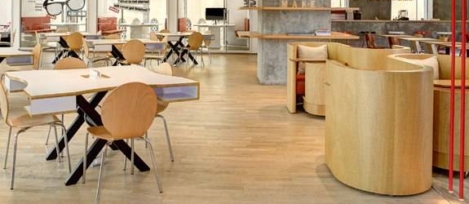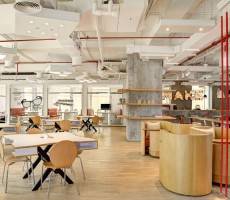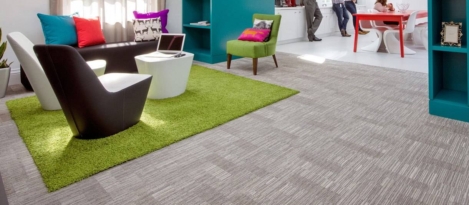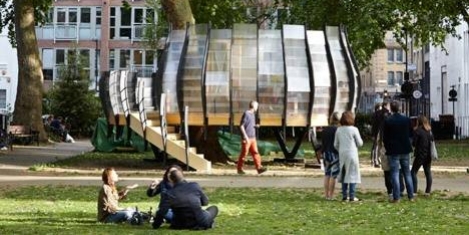July 2, 2015
Over half of workers feel required to work on holiday, and it’s becoming the norm
 Mobile technology is acknowledged as a boon to flexible working, but can very easily spill into an unhealthy work/life balance. This is most in evidence around summer holiday time, as illustrated by the latest poll on the subject by the Institute of Leadership & Management (ILM). It surveyed more than 1,000 UK workers and managers to find that more than half of workers (61%) feel obligated to work while on leave. The ILM suggests this is the negative side effect of modern technology, as people are contactable anytime and anywhere. 64 percent read and send emails during their time off, 28 percent take business phone calls and 8 percent go into the office. Meanwhile, only 28 percent of those surveyed reported that they had had arguments with friends and family about their working on holiday, down from 37 percent two years ago, which seems to indicate that it is fast becoming the norm to be constantly switched on.
Mobile technology is acknowledged as a boon to flexible working, but can very easily spill into an unhealthy work/life balance. This is most in evidence around summer holiday time, as illustrated by the latest poll on the subject by the Institute of Leadership & Management (ILM). It surveyed more than 1,000 UK workers and managers to find that more than half of workers (61%) feel obligated to work while on leave. The ILM suggests this is the negative side effect of modern technology, as people are contactable anytime and anywhere. 64 percent read and send emails during their time off, 28 percent take business phone calls and 8 percent go into the office. Meanwhile, only 28 percent of those surveyed reported that they had had arguments with friends and family about their working on holiday, down from 37 percent two years ago, which seems to indicate that it is fast becoming the norm to be constantly switched on.







































June 29, 2015
Beyond agile working: the six factors of knowledge worker productivity
by Andrew Mawson • Comment, Facilities management, Flexible working, Workplace, Workplace design
More →